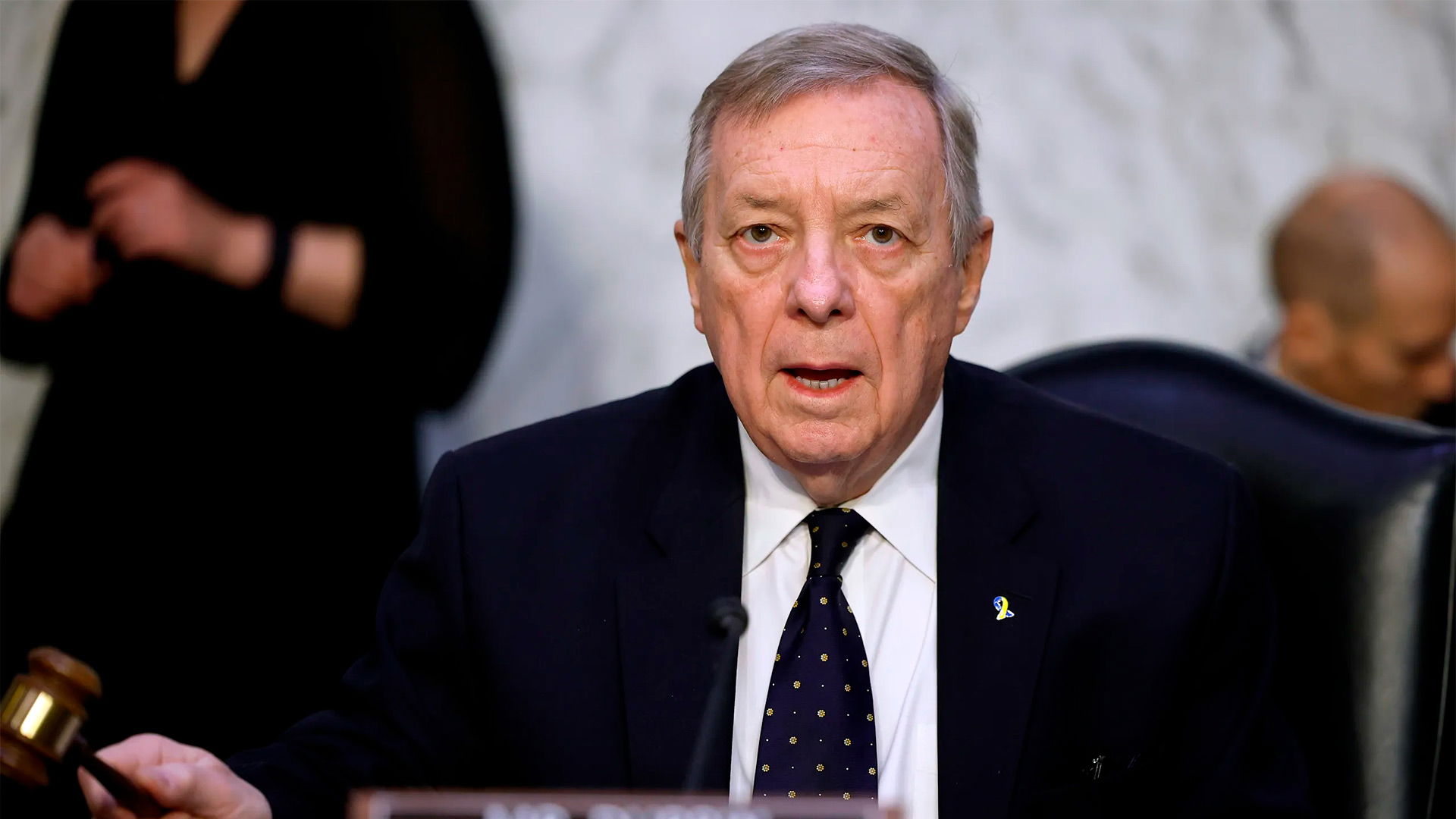The US Senate Committee on the Judiciary held Tuesday its first congressional hearing on sports betting, “America’s High-Stakes Bet on Legalized Sports Gambling,” kicking off federal scrutiny on the industry.
The committee is examining the growth of sports betting since the Supreme Court’s ruling in Murphy v. NCAA struck down the Professional and Amateur Sports Protection Act in 2018. At the time of the Supreme Court’s 2018 decision, Nevada was the only state that offered legal sports betting. Now 39 states have legal sports wagering.
The committee heard from five industry witnesses in its last meeting of 2024. These included representatives from responsible gambling organizations, the NFLPA, and a former regulator. Chair of the U.S. Senate Judiciary Committee and Senate Majority Whip Dick Durbin delivered the opening remarks.
“It’s critical that Congress looks into sports betting’s impact on America and determine how the industry should be regulated moving forward,” Durbin (D-IL) said. His speech also included references to collegiate athlete harassment and several sports betting scandals, in addition to looming concerns over problem gambling.
Senator Durbin also discussed the rise of online sports betting, noting phones provide 24/7 access to sports betting. “A person with a gambling problem can chase the action at the click of a button and rack up ever-increasing losses—whether on an NFL game or professional table tennis,” he said, as reported by WSIU.
He said gambling operators need to play a larger role in preventing addiction and called on Congress to look at the negative impacts of this industry to “determine how the industry should be regulated going forward.” He concluded his address with a promise that this was only the beginning of the debate.
Witnesses provide testimony
In addition to Durbin, the committee also heard from five witnesses, who expressed their own thoughts on the situation. These included Charlie Baker, NCAA president; David Rebuck, former director of the New Jersey Division of Gaming Enforcement; Harry Levant, director of gambling policy and certified gambling counselor at the Public Health Advocacy Institute at the Northeastern University School of Law; Johnson Bademosi, NFLPA representative; and Keith Whyte, executive director of the National Council on Problem Gambling.
Baker used much of his statement to further advocate for a nationwide ban on college prop bets, while Bademosi discussed the effect on players and fans, calling for a ban on negative outcomes wagering. Whyte, for his part, showed concern over three trends – an increase in gambling advertising, technological advances, and more betting opportunities – that he believes could drive problem gambling.
Rebuck drew from his experience as a regulator to advocate for the state-led regulation of legal gaming, arguing that states and tribes are best suited to handle the issue. He described federal oversight as unnecessary, which contrasted with Sen. Thom Tillis’ (R-NC) views, who suggested creating a task force to help create federal guardrails on the industry.
Witnesses also debated the Supporting Affordability and Fairness with Every Bet Act. Sen. Richard Blumenthal (D-CT), who co-authored the bill with Rep. Paul Tonko (D-NY), asked those present at the hearing if they supported the proposal.
Both Bademosi and Levant said they support it, while Baker said he supports some aspects, without knowing the full scope. Whyte said the NCPG remains neutral on bills that suggest a prohibition, which the SAFE Bet Act temporarily introduces, while Rebuck said it’s “not a good bill,” advocating for state-level regulation.
Industry representation missing
There was no direct industry representation during Tuesday’s hearing, an omission that didn’t go unnoticed by the American Gaming Association. The trade group issued a statement following the meeting:
“This unfortunate exclusion leaves the Committee and the overall proceeding bereft of testimony on how legal gaming protects consumers from the predatory illegal market and its leadership in promoting responsible gaming and safeguarding integrity. We remain committed to robust state regulatory frameworks that protect consumers, promote responsibility, and preserve the integrity of athletic competition,” AGA said.

